What Are The Pros & Cons of Assisted Living? [2024 UPDATED]
If your loved one requires help with their daily life tasks, assisted living care may be a good option. Families may feel frustrated or distressed with the constant care and support and it is okay to feel that way.
Your loved ones deserve professional help and the utmost care, which can be provided in assisted living care. However, what’s essential is to consider the pros and cons of an assisted living facility before choosing it. This article explores various aspects of assisted living and its pros and cons to provide your loved ones with adequate care and support.
Check us out if you’re looking for the best Assisted Living Care Services in Florida!
Pros of Assisted Living
Assisted Living can provide individuals with professional help to complete their daily life activities. While they provide a high standard of assistance, assisted living facilities also focus on maintaining independence in such individuals. Following are some of the pros of assisted living care.
1. Professional Care Services
Assisted living care provides professional services to ensure the well-being of the client. With a high standard of support with ADLs, medication management, and regular check-ups, the quality of life of an individual is significantly enhanced.


Moreover, the trained caregivers and nurses ensure that the care services provided are effective enough to promote the overall health of the individual.
2. Supportive Environment
Assisted living focuses on providing a supportive environment for the individuals receiving care services. The care team is compassionate and aims to provide individuals with a sense of security and comfort.
Caregivers in an assisted living facility attend to the needs of the individuals around the clock to offer quality care and support.
3. Social Opportunities
Assisted living care values the importance of social interaction and provides individuals with opportunities to interact with others. The care facility offers certain activities or programs for individuals to enhance their social life.
Through group outings, hobby clubs, and fitness classes, individuals get a chance to combat their loneliness and reduce negative feelings of isolation.
4. Maintenance-Free Living
In assisted living care, individuals get a chance to enjoy a life free of the responsibility of doing chores.
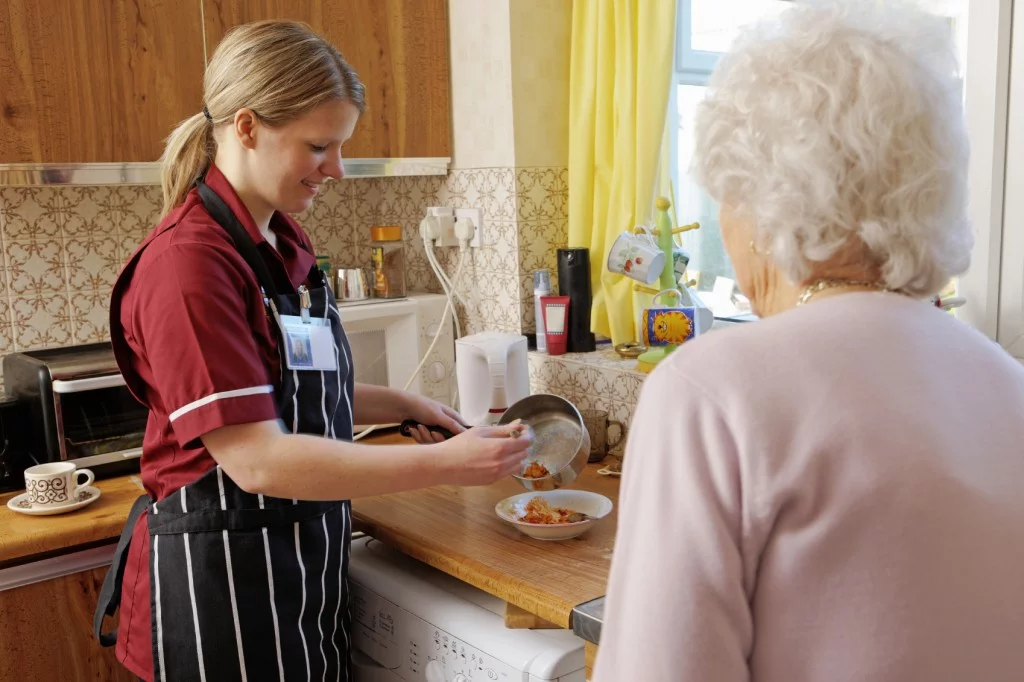

With trained caregivers who provide house maintenance, laundry, or housekeeping, individuals can feel free from the burden of daily life tasks such as cleaning or cooking.
5. Nutritional Support
According to the dietary requirements of each individual, assisted living care provides well-balanced meals. The meals necessary to fulfill the requirements of an individual’s well-being are provided.
The care team ensures the proper nutrition of each individual while also considering the dietary restrictions by a healthcare professional.
6. Enhanced Quality of Life
With access to various services, assisted living care significantly improves the quality of life of their clients. Other amenities such as hobbies, fitness centers, libraries, and gardens are provided to individuals to promote a sense of satisfaction.
With certain recreational activities, the quality of life and overall health of each individual is ensured.
7. Customized Care Plans
Many assisted living care facilities acknowledge the uniqueness of each individual. With consideration of the wishes and preferences of each client, a customized care plan is generated to address the needs.


This personalized approach ensures that the quality of care and assistance provided is according to the needs of each individual.
Cons of Assisted Living
While assisted living has their pros, they have their cons as well. It is essential to note that the negative aspects of each care facility may vary from the others.
1. Cost Consideration
Assisted living care can be expensive. These care services are often not covered by Medicare. The cost of assisted living may depend on several factors such as the type of services required, location, or level of care.
2. Lack of Privacy
Lack of privacy may be a concern for people who enjoy their personal space and solitude. In assisted living, the space is shared among several other residents, leading to a lack of privacy.
3. Adjusting to New Environment
Moving to another setting is often stressful for some individuals. Adjusting to a new setting, new faces, and a new routine can be a distressing situation which can consequently affect the emotional well-being as well.
4. Varying Quality of Services
The quality of care services and support may significantly vary among different assisted living facilities. Some may need more cleanliness, professional staff, or the overall quality of the care provided.
Editor’s Pick: Failure To Thrive In Elderly – All You Need To Know
How to Choose the Right Assisted Living Facility?
Choosing the right care facility is a difficult yet necessary task to undertake. To ensure a high standard of care for your loved ones, the following steps can be helpful.
Assess Needs
Identify the level of care required and consider the preferences of your loved one before opting for a facility.
Visit Facilities
Pay a visit to the facilities. Take a look around and ensure the cleanliness, amenities, and safety measures
Review Services
Carefully review the contracts and services the facility provides. Ensure the level of care is according to the needs of the individual.
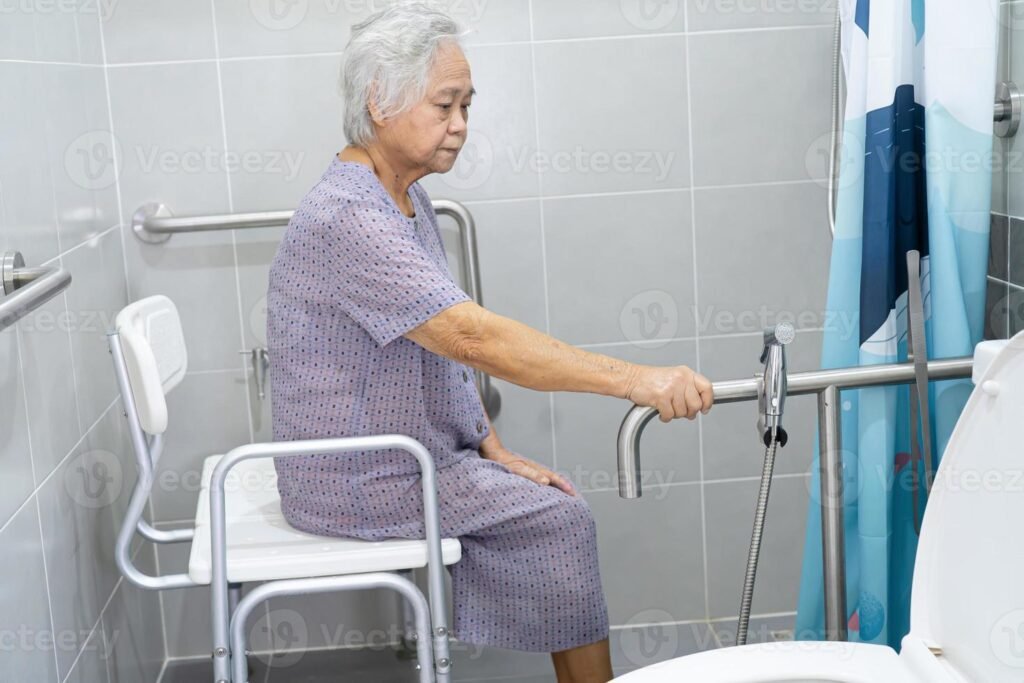

Talk to Residents
Engage with residents and their families if possible. Get to know their experiences with the facility to grasp a better understanding.
Consider Location and Accessibility
Evaluate the facility’s proximity to family, medical facilities, and certain amenities.
Is the Emotional Aspect Considered in Assisted Living?
Yes, emotional regulation is the topmost priority of many assisted living facilities. With a holistic approach, assisted living facilities focus on the physical, emotional as well as social well-being of an individual, contributing to overall improved health.
Social Interaction
Assisted living facilities recognize the importance of social interaction and offer residents various activities to engage with others. Residents can form social connections and develop a sense of community, ultimately combating isolation.
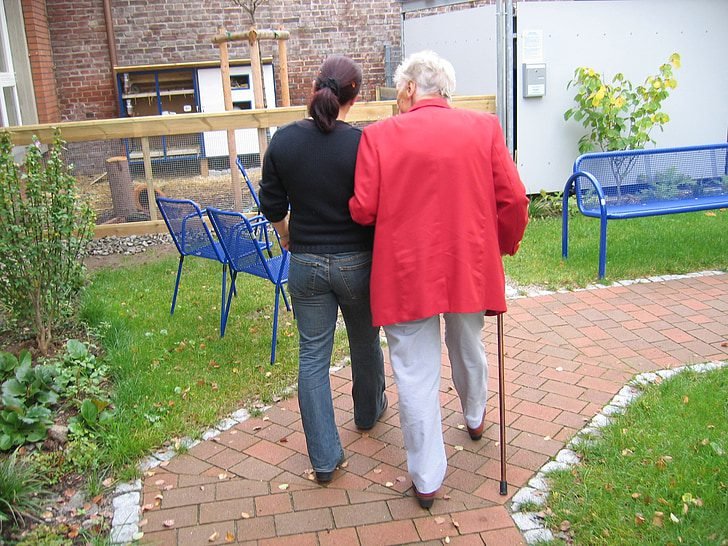

Supportive Staff
The caregivers and staff are compassionate towards the residents. They provide individuals with a listening ear and offer emotional support. Having company and enjoying it can consequently lead to emotional well-being and the overall wellness of an individual.
Mental Health Services
For individuals combating emotional challenges, assisted living care provides mental health services. Mental health professionals and counselors effectively deal with individuals through therapies and counseling.
Family Involvement
Assisted living care ensures the involvement of families in the decision-making process. Through regular visits of family members and their involvement, the emotional stability of an individual can be enhanced.
Does Assisted Living Promote Independence?
Yes, assisted living focuses on maintaining the dignity and independence of each individual. Maintaining balance by providing support and promoting independence is essential to enhance the sense of freedom in individuals.
While offering support with daily life activities, assisted living considers individual preferences and desires and makes sure to value them. Involving residents in the decision-making process helps them retain control over their lives.
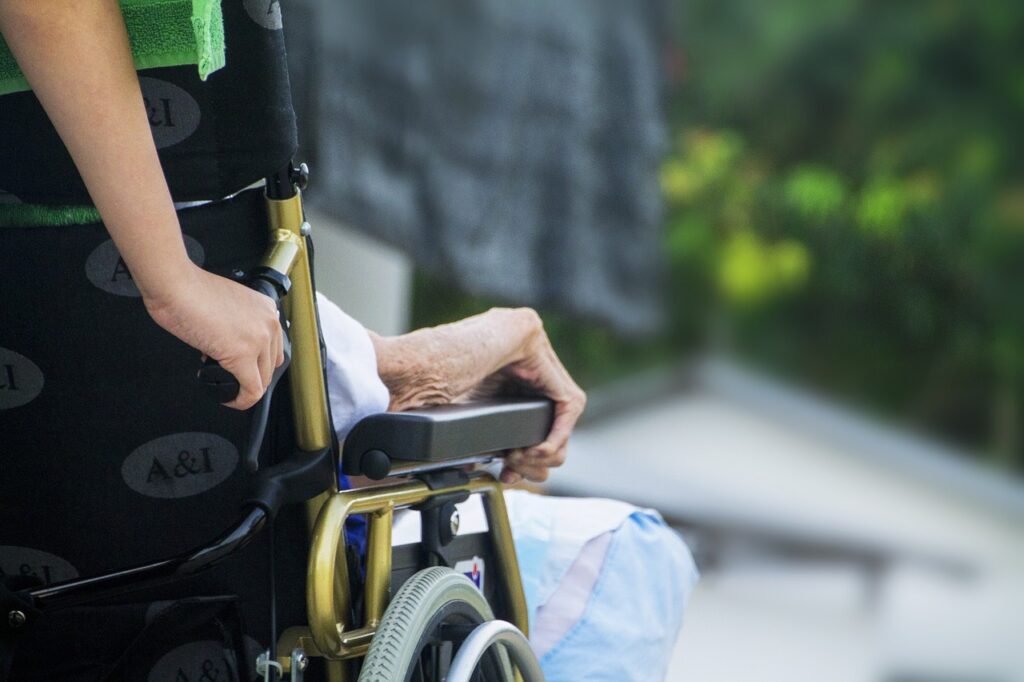

At first, assistance with activities may induce feelings of dependence, but individuals may adapt to the support and appreciate it. Recognizing the importance of the utmost care and support and understanding that it assists in improving the quality of life helps in promoting a sense of independence.
Moreover, access to certain activities provided in assisted living care including medical care, social activities, transportation, and other amenities helps residents stay active and engage in activities they find fulfilling and rewarding.
How is Safety Ensured in Assisted Living?
In assisted living facilities, safety is a major concern. Through various measures, facilities employ the safety of their residents.
Staff Training
The staff is hired after extensive training and a thorough evaluation. The trained caregivers are professional enough to provide residents with a high standard of care and support while also maintaining safety measures to provide individuals with a sense of security.
Regular Safety Check
Through regular safety checks, the assisted living facility evaluates any potential hazards in the facility and takes necessary steps to address them and ensure the safety of the residents.
This can include fire safety checks, building assessments, or the functioning of medical devices or equipment.
Access to Safety Equipments
Assisted living care usually has access to safety equipment to ensure the security of the residents. Safety equipment may include security cameras, entry systems, or trained personnel to maintain a secure living environment.


Having an environment free of any hazards can significantly improve the well-being of individuals providing them with a sense of security and satisfaction.
Recommended Reading: Find Out If In-Home Care Tax Is Deductible [2023 Updated]
How can the Transition to Assisted Living be made Smoother?
The transition to a living facility can be a distressful situation for the patients. It is essential to make the transition process smoother for residents to avoid any negative feelings.
Early Communication and Planning
The vital aspect of transitioning to a new living facility is to establish a safe space for communication with your loved ones. Ensure open communication for individuals to raise their concerns and involve them in the decision-making process.
Gradual Transition
If possible, gradually introduce your loved one to their new home. A sudden change in their living environment can induce negative emotions such as stress and anxiety.
Visit the facility multiple times before transitioning. Encourage individuals to engage in events and interactions with the staff and other residents to make the space feel more familiar.
Personalizing the Living Space
Help your loved one personalize their living space with their belongings to make the space feel more comfortable and familiar. Put photographs or cherished items for individuals to acquire a sense of belonging.
Support from Friends and Family
Maintain regular visits from friends and family to provide your loved ones with reassurance and emotional assistance. Staying in contact can promote the well-being of your loved ones significantly.
Patience and Understanding
It is essential to understand that moving to a new living facility can be emotionally challenging for individuals. It is essential to remain patient and understanding to help your loved ones get familiar with the new living space at their own pace.
What Alternatives Exist to Assisted Living?
People who don’t require or prefer assisted living facilities can opt for other facilities as well.
In-Home Care Services
Professional caregivers assist with daily life activities, medication management, and other services in the setting of one’s own home.
Community Support Programs
Community support programs provide meal delivery, transportation, and other necessary tasks to provide support to those who need it.


Hospice Care
Individuals with a terminal disease or with a prognosis of 6 months or less can opt for hospice care. Hospice care improves the quality of life and comfort of individuals to make their journey toward the end of life easier.
Aging in Place Modification
Modifying the condition of the current home according to the needs of the individual can also be an alternative for assisted living care. For senior individuals who require support and safety to prevent falls, certain types of equipment such as grab bars, handrails, or ramps can be vital.
Also, Read: 13 Fun & Productive Activities for Bored Seniors to Do Alone
Conclusion
Where providing assistance may become necessary, assisted living care also enhances the independence of individuals through several other strategies. Families and caregivers need to opt for a facility after a thorough evaluation to ensure a good living environment for their loved ones.
These care services focus not only on the physical well-being of individuals but also aim to enhance other important aspects such as the emotional and social well-being of their residents. Within a communal setting, individuals can acquire a sense of belonging and familiarity, promoting their overall well-being.
FAQs
What services are typically offered in assisted living care?
Assisted living care typically assists with ADLs, meal preparation, social activities, and medication management.
Who provides assisted living care?
Assisted living care is provided by trained staff members, licensed nurses, and health care professionals.
How do I know if my loved one is in need of assisted living?
Certain signs may imply the need for help such as difficulty performing daily life tasks, increased isolation, declining health, or safety hazards at home.
Are there certain restrictions on visiting hours for friends and family?
The visiting hours may vary from one facility to another. Every assisted living facility has its own policy regarding the visiting hours.
Is there an option for temporary stays or short-term care in assisted living care?
Yes, many assisted living facilities provide temporary stays and short-term care to provide a high standard of care to their clients.


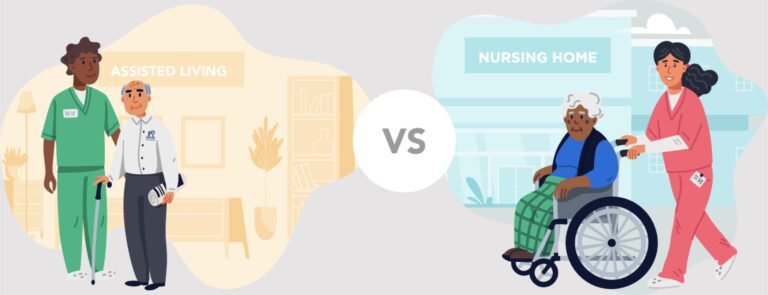


![20+ Signs Your Elderly Is Ready for Assisted Living [2024]](https://caringhandshomecarefl.com/blog/wp-content/uploads/2024/01/Signs-Your-Elderly-Is-Ready-for-Assisted-Living-768x644.jpg)

